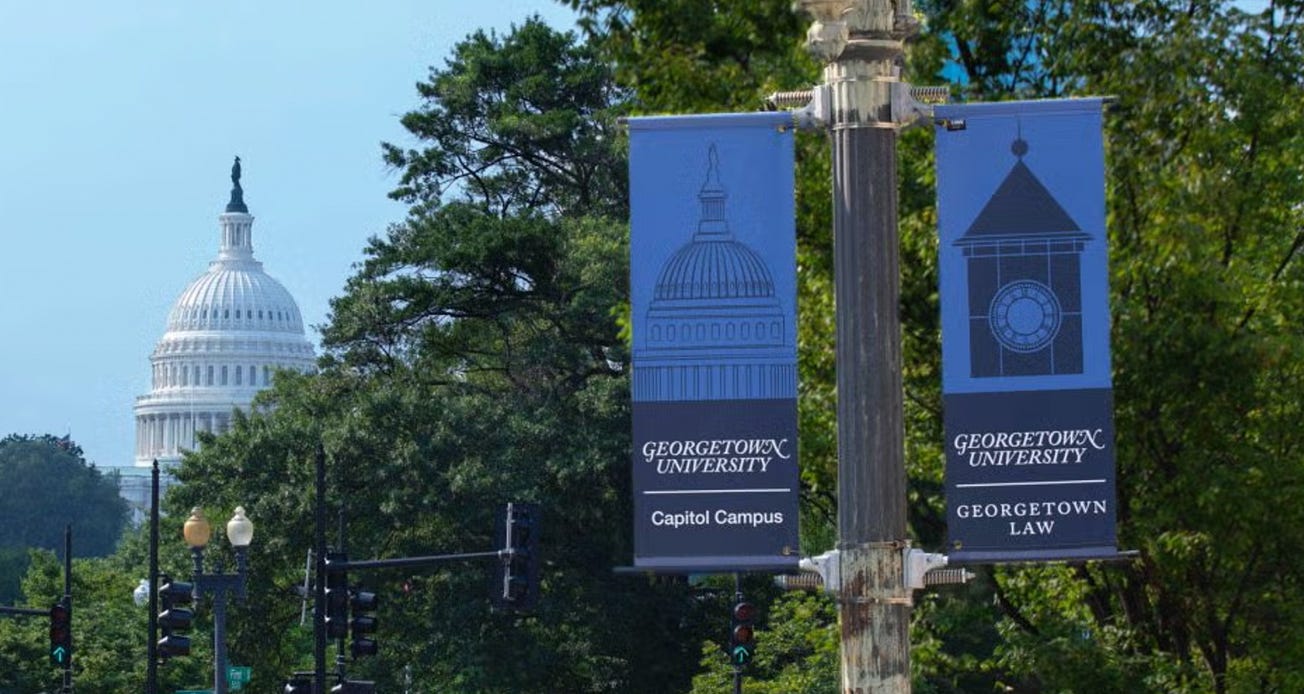The Archdiocese of St. Paul and Minneapolis has been at the center of a year of political, social and racial tension in the U.S., which began with the May 25, 2020 death of George Floyd, and continues with the murder trial of Derek Chauvin and the shooting death of Daunte Wright.
As Americans wait for a verdict in the Chauvin trial, St. Paul and Minneapolis Archbishop Bernard Hebda offered April 19 a Mass for peace and justice.
The archbishop also shared his thoughts with The Pillar on healing, the role of the Church, and overcoming racial polarization.
Archbishop Hebda shared his thoughts with The Pillar by email April 19. They have been edited for length and clarity.
The prompting of the Holy Spirit
I strongly feel that the Holy Spirit is prompting our local Church to lead an effort to turn to the Lord as the One who unites us as sisters and brothers. At a time when the most common narrative has been one of division that inevitably leads to conflict, despair and even greater polarization, our Catholic worldview, as recently reflected in Pope Francis’ Fratelli Tutti, can speak a word of hope into even the most difficult of situations.
While there is clearly raw pain in the community, I find a great receptivity to the message of Psalm 32 that the Lord is close to those who are “broken-hearted,” a description that fits most of us as we consider the events of the past year.
At a time when emotions are high, and with members of the Catholic community initially on different sides of some of the issues, it seems like the most fruitful path will be one in which we focus on some of our Catholic fundamentals: the dignity of each human life, created in the image and likeness of God; God’s unfailing love for all his children and closeness to those who mourn; God’s love for justice; and the call to work for the common good.
Solidarity and the universality of the Church
The universality of the Catholic Church, reflected in the diversity of our local Church, gives us a unique vantage point for emphasizing what we share in common.
For example, anyone who worships at St. Alphonsus, the Catholic parish in Brooklyn Center, the municipality that is now mourning the death of Daunte Wight, would grasp intuitively that the Church goes beyond any one race or nationality.
The experience that the parish has had of building through dialogue and encounter a multi-racial Christ-centered community consisting not only of new immigrants who are Asian, African and Latino, but also the descendants of the German, Irish. Scandinavian and Eastern European immigrants who came to Minnesota in the 1800s should offer hope.
The Church can give living testimony that such solidarity is possible, even though it requires hard work. I remember being so impressed on my first visit to that parish, staffed by a multi-racial, multi-generational team of Redemptorists, when I learned that the then-pastor was studying Swahili in order to make the East Africans in the parish feel at home. Through efforts of that nature, the walls come down and people have the opportunity to learn from each other and to understand the pains and grief that the other might be experiencing.
Restorative justice
I think that the restorative justice experience that has been part of our local Church’s response to the abuse crisis could also have applicability in helping us to discuss different perspectives and experiences concerning race and justice. A few of our priests are already considering how the “circle process” could facilitate a deeper discussion of the hurts and fears that are otherwise pushing people off into their own corners.
On what comes next
The priests and religious of the archdiocese were heroic last May in their teaching, prophetic witness and outreach to those impacted by civil unrest. I am confident that they will be prepared to continue to give witness to the Gospel, no matter what transpires in the weeks to come.





